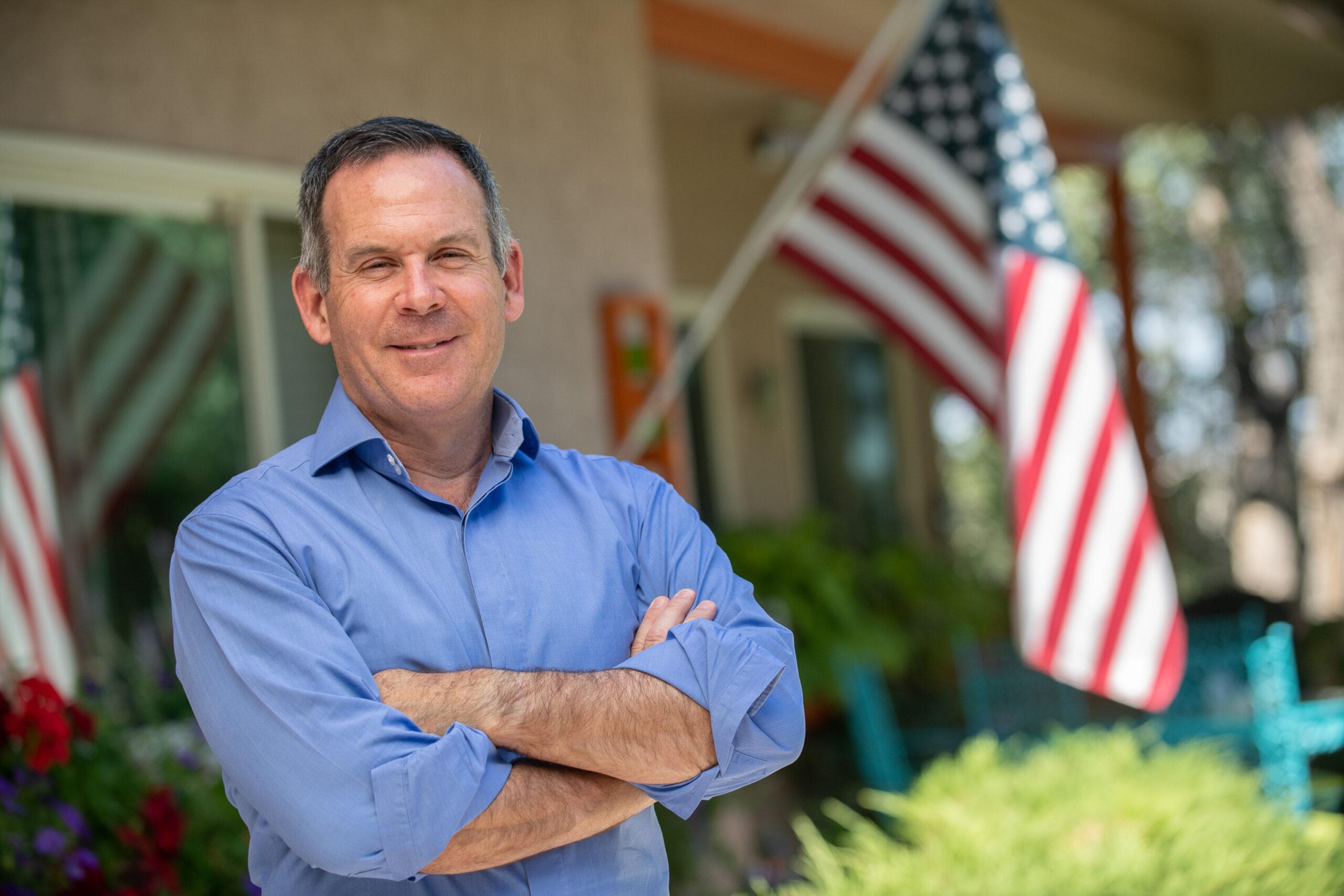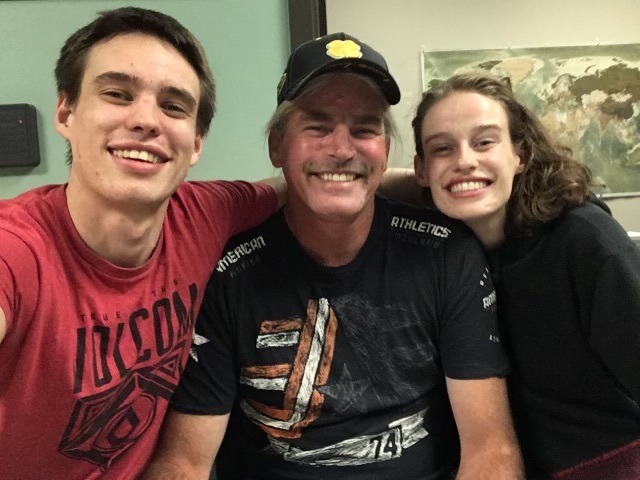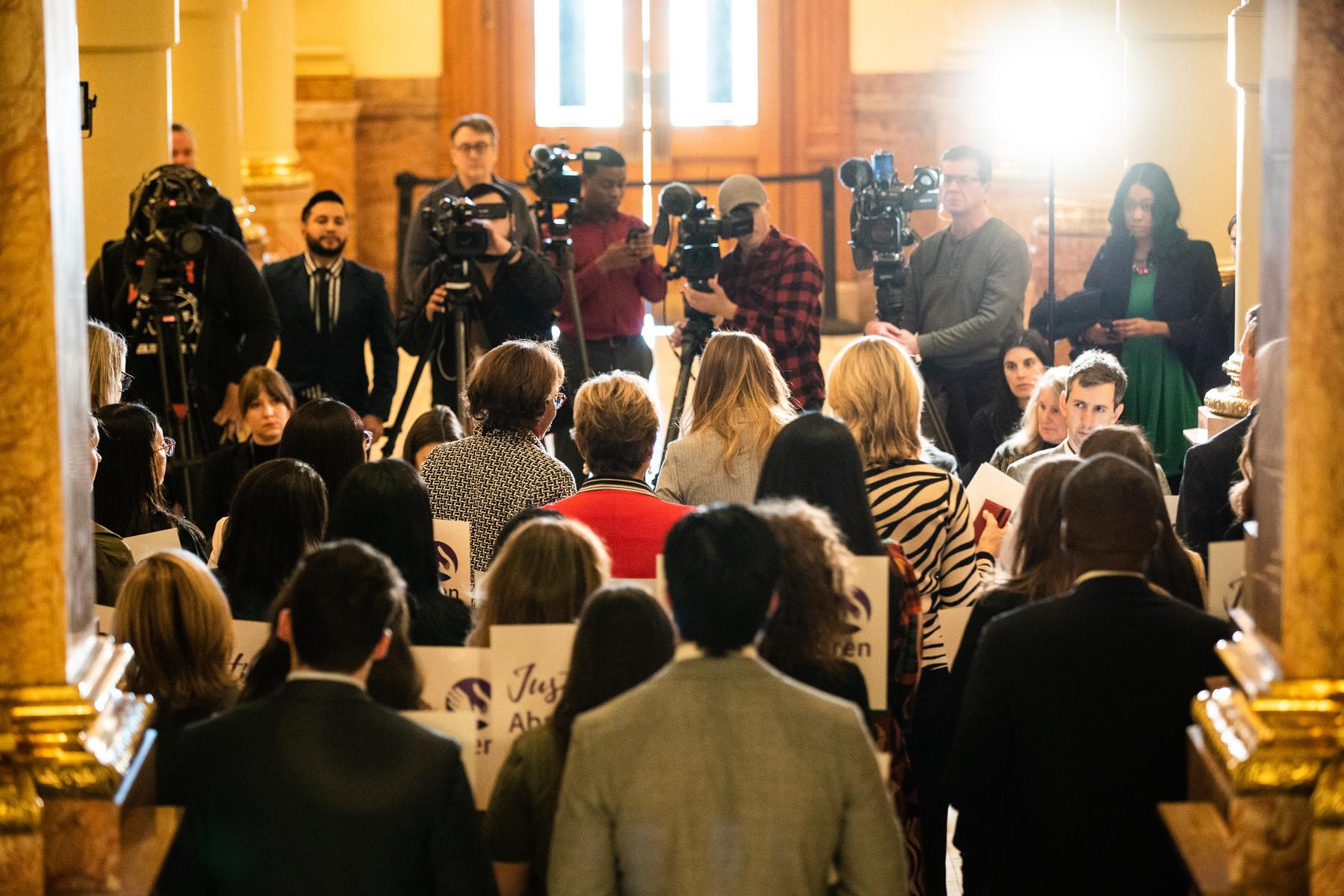All week we’ve been hearing stories reporter Megan Verlee found in Ethiopia that have a connection to our state. Today, for our final piece in the series, we’re turning that around, and meeting some Ethiopians who’ve come to call Colorado home.
[photo: Megan Verlee/Jenny Brundin, CPR]
The following is a transcript of Megan Verlee's report:
REPORTER MEGAN VERLEE: Americans might not be aware of this, but every year, the US holds a giant lottery for green cards -- 50-thousand tickets to citizenship doled out across the globe. It’s your best shot at legally getting to the US if you can’t get a family or work visa. The main qualifications are a high school diploma and a clean background. In Ethiopia, hundreds of thousands of people apply year after year after year. The man we’re about to meet was not one of them.
BERHE NUGUSE GODLO: My name is Berhe Nuguse Godlo. I come from Ethiopia."
REPORTER: A year ago, Berhe was a high school biology teacher and moving to the US was the furthest thing from his mind. But he ended up in at an Internet cafe while his friends were applying for the visa lottery… and they convinced him to give it a shot.
BERHE: "I was joking at that time, for my friends, I will be the winner. It was joking."
REPORTER: Sometimes it seems the universe runs on irony. Joke about winning a diversity visa and...
BERHE: "I won, the DV lottery. I was not interested to come here, but..."
REPORTER: But when you win a golden ticket to the promised land, it’s pretty hard to say no. And if you say yes, you only have a few months to scrape up enough money for your application and plane ticket. In Ethiopia, that can be close to a year’s salary. Which made it even more of a shock for Berhe when he arrived in an America still limping out of the recession.
BERHE: "When I come here, there is not any job for any persons here. Even housekeeping is nothing."
REPORTER: And housekeeping certainly wasn’t what Berhe thought he’d be doing. He was shocked to find out his biology degree isn’t accepted here, and that it’ll be a year at least before he can enroll in college again. Instead, he’s working nights, seven days a week, in convenience stores around town. His golden ticket ended up feeling like a lead weight.
BERHE: "I fell in a deep depressed, you know? I was depressed. I was sleeping day and night, but I can’t, you know, I have no alternative to move here and there. So I was worried. I was worried."
KIT TAINTOR: "I can’t even imagine coming over here and having no assistance whatsoever."
REPORTER: That’s Kit Taintor, director of the Colorado African Organization. She says Diversity Visa winners are constantly coming to her group for help, but there isn’t much she can do for them.
TAINTOR: "Because they’ve signed away their access to government assistance for their first five years that they’re here, we can’t send them to the places that we normally send them."
REPORTER: Government money is mostly earmarked for refugees, which makes it pretty rough for regular immigrants who find themselves in a new country where they can’t use their old skills, and where there’s little formal help. It’s a situation Asfawosen Haileselassie remembers all too well.
ASFA: "I knew I have to go through that. As a matter of fact, I had to two jobs, sixteen hours a day to support the whole family."
REPORTER: Asfa arrived from Ethiopia in 1998 with his wife and baby daughter. Like Berhe he’d won the lottery, and like Berhe, Asefaw went through shock and depression. But he had one thing to keep him sane: his family.
ASFA: "If I was single, it might be a different story, but when I walk in home, working all day long, it carries me on."
REPORTER: Asfa ended up going to pharmacy school. He now manages a Walgreens pharmacy and his family lives in a beautiful home in Aurora. He survived that age-old, and still current, immigrant story of bootstraps and sacrifice.. In Denver today there are lawyers and doctors driving cabs, in convenience stores tonight there will be people studying for accounting exams and nursing certificates.
ASFA: "When they are coming here, I always say this: let them not expect a lot. They should know when they get here, it will be tough. There will be a lot of challenge. But as long as they envision themselves, they can improve, this is the land of dreams."
REPORTER: And people catch onto that quickly. I ask Berhe what he would do if someone offered him a plane ticket back to Ethiopia? He says a few months ago he might have taken it. But now...
BERHE: "I want to stay, you know, I want to learn. So this is what I decided for the time being. Once I come here, I want to stay here."
REPORTER: If he makes it, Berhe may eventually find his place among the estimated 25,000 Ethiopians who call Colorado home.
Megan's reporting in Ethiopia was supported by the International Reporting Project









